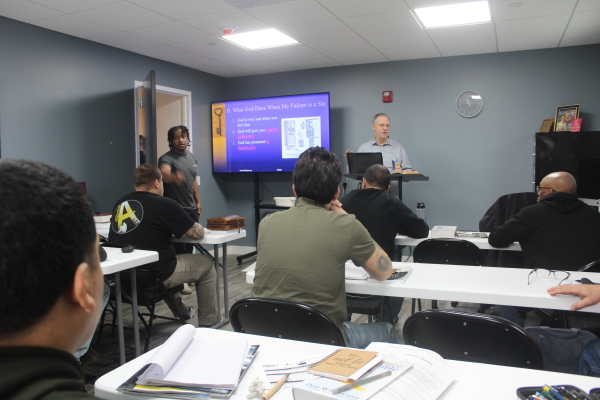Airplane Seats May Not Be Safe for Overweight Passengers
With the recent publication of a report indicating that the percentage of obese Americans will dramatically increase by 2030, engineers are now focusing their attention to the safety of overweight airline passengers.
"If a heavier person completely fills a seat, the seat is not likely to behave as intended during a crash," according to Robert Salzar, a scientist at the University of Virginia.
Aviation experts highlight the fact that standards for airplane seats are set to a 60-year-old federal regulation that requires them to be able to support a passenger weighing 170 pounds. The current average weight of an American male is 194 pounds.
"The energy absorption that is built into the aircraft seat is likely to be overwhelmed and the occupants will not be protected optimally," Salzar said.
Salzar was also quick to point out that should a seating device fail or the seatbelt restraints not work properly other passengers would be affected on the aircraft. He explained that the "unrestrained motion of the passenger" would pose a risk to other passengers.
Yoshihiro Ozawa is a Japanese engineer works for a company which manufactures crash test dummies. He was unable to provide any information to prove that overweight individuals would be properly secured and protected in the event of an emergency.
"If we don't test with heavier dummies, we won't know if it is safe enough … there is no regulation that says [airlines] have to test for heavier [passengers]." Ozawa told The New York Times.
The obesity study was published in the American Journal of Preventive Medicine and stated that 42 percent of the U.S. population will be obese by 2030. The results also showed that the rate of the number Americans classified as severely obese, people who are 100 pounds overweight, will see an 11 percent increase by 2030.






















